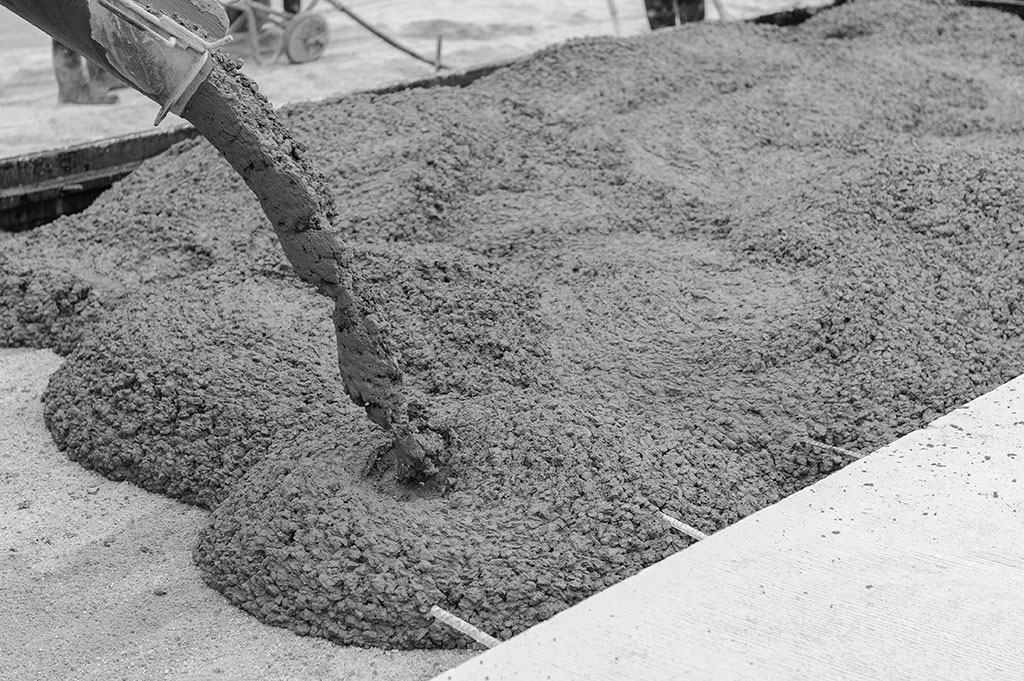Revealing the Eco-Friendly Advantages of Using Recycled Concrete in Sustainable Building Practices
In the world of sustainable construction practices, the utilization of recycled concrete stands as a pivotal yet often undervalued source. Past its traditional applications, recycled concrete offers a myriad of environmentally friendly advantages that prolong far beyond the confines of traditional building materials. From minimizing environmental impact to boosting cost-efficiency, the effects of integrating recycled concrete in sustainable structure methods are substantial. This functional product not only addresses pushing environmental concerns yet likewise presents a sensible option to the challenges encountered by the building sector at big.
Ecological Advantages
Undoubtedly, among one of the most considerable advantages of utilizing recycled concrete is its positive influence on the environment. By incorporating recycled concrete right into construction methods, there is a considerable reduction in the requirement for new resources, causing conservation of natural sources. This process helps in preserving accumulations, water, and energy that would have been utilized in producing new concrete. Furthermore, using recycled concrete decreases the quantity of waste being sent to garbage dumps, thereby minimizing environmental contamination and alleviating the pressure on garbage dump capacities.

In contrast, recycled concrete has a reduced carbon footprint as it minimizes the demand for brand-new concrete production. Overall, the ecological benefits of making use of recycled concrete are substantial and play a crucial function in promoting environment-friendly construction techniques.
Cost-Efficiency
Achieving cost-efficiency is a vital consideration when evaluating the usage of recycled concrete in building and construction jobs. Among the essential benefits of making use of recycled concrete is its cost-effectiveness compared to conventional concrete. The manufacturing of recycled concrete involves less energy and sources as it makes use of existing materials, minimizing the total project expenses dramatically. Additionally, the accessibility of recycled concrete in your area can further lower transportation costs, making it an extra affordable choice for building jobs.
In addition, using recycled concrete can lead to savings in garbage dump expenses by diverting concrete waste from disposal sites. This not only decreases the environmental effect but likewise gets rid of the prices related to waste removal. The sturdiness and efficiency of recycled concrete are similar to standard concrete, guaranteeing that expense financial savings do not compromise the quality of see here now the construction.
Toughness and Strength
Recycled concrete deals similar, if not superior, longevity and stamina homes to traditional concrete - Concrete. With innovations in processing strategies and quality control, recycled concrete can satisfy or go beyond the performance criteria of conventional concrete.
:max_bytes(150000):strip_icc()/GettyImages-941748918-5c7f3654c9e77c00012f82f6.jpg)
Waste Decrease
When it comes to making use of recycled concrete, waste reduction is a crucial advantage that adds dramatically to ecological conservation. By incorporating recycled concrete right into building and construction tasks, this waste is repurposed and drawn away from garbage dumps, minimizing the general environmental impact of construction tasks.
Recycled concrete not just aids in decreasing the quantity of waste that winds up in garbage dumps but also conserves natural deposits by reducing the need for brand-new aggregate products. This procedure of waste reduction advertises a round economic climate within the building industry, where products are recycled and recycled to develop an extra sustainable industry. In addition, using recycled concrete can result in cost financial savings for building and construction jobs, as it is commonly much more inexpensive than sourcing and transferring brand-new products. Finally, waste reduction through the application of recycled concrete is a crucial component of lasting building practices that profits both the building and the setting market as a whole.
Power Preservation
When it comes to using recycled concrete in building, my latest blog post considerable energy savings are attained contrasted to standard concrete manufacturing. The procedure view it now of creating recycled concrete includes reusing and squashing existing concrete products, which eats less power than mining, processing, and delivering raw products for new concrete manufacturing.
Conclusion
Finally, the utilization of recycled concrete in sustainable building and construction techniques supplies numerous ecological benefits, cost-efficiency, longevity, strength, waste decrease, and energy conservation. By including recycled concrete into building and construction tasks, we can contribute to an extra eco-friendly and lasting future. It is essential for the building and construction market to focus on making use of recycled products to help in reducing the ecological impact of building tasks.
One of the crucial benefits of utilizing recycled concrete is its cost-effectiveness contrasted to typical concrete.Additionally, the usage of recycled concrete can lead to cost savings in land fill costs by drawing away concrete waste from disposal websites. The sturdiness and performance of recycled concrete are similar to standard concrete, guaranteeing that price savings do not endanger the quality of the building.
